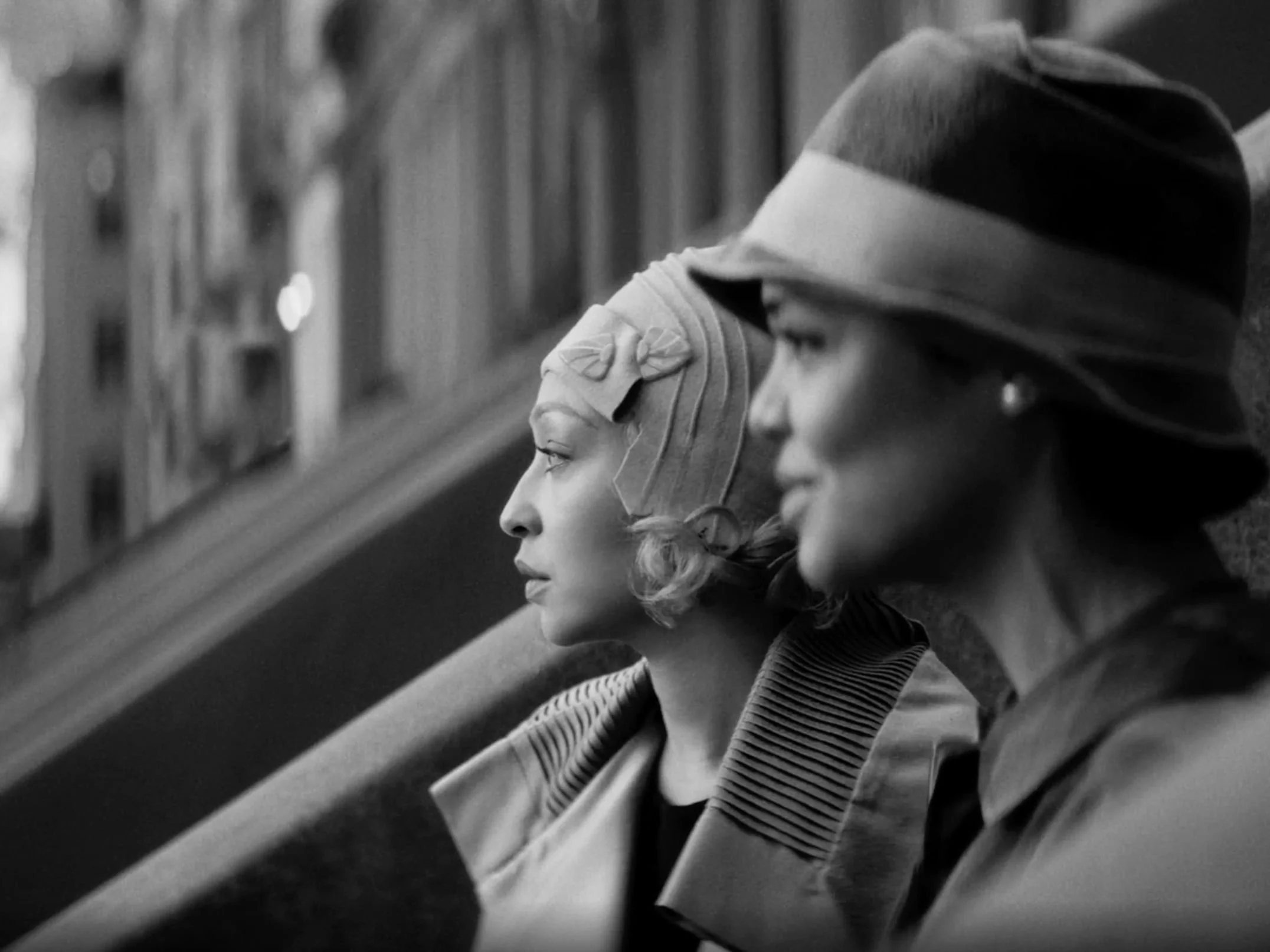Passing
Directed by Rebecca Hall
Running time: 1hr38 | REVIEWED BY GUY LODGE
Ruth Negga and Tessa Thompson in Passing
There’s a lot of discourse in the film industry these days about story ownership and overstepping: who is allowed to tell whose stories, and whether empathy is an adequate substitute for lived experience. It can be a restrictive discussion, vulnerable to extremes of tone-deafness and hyper-vigilance, but it’s hard to imagine not having that talk with regard to Passing, the shiveringly delicate but subtly provocative directorial debut from actor Rebecca Hall. Despite its gradually cemented classic status, the 1929 Nella Larsen novel on which it’s based went unfilmed for nearly a century. After all, it’s a piquant, personally informed story of a troubled friendship between two Black women, one of whom successfully “passes” as white in high society: Hollywood has not long been enabling any filmmakers who could tell this story with some measure of conviction.
Hall turns out to be exactly that woman, for reasons relating both to her personal history and what turns out to be her remarkable cinematic acumen. As the daughter of white theatre director Peter Hall and mixed-race opera singer Maria Ewing, who herself had a family legacy of passing, she translates Larsen’s novel to the screen with the tact and grace it requires — but also the cutting emotional candour of someone who knows how these issues wound and weigh on the soul.
That knowledge is all felt behind the camera: she places her trust in actors Ruth Negga and Tessa Thompson to bring the same understanding in front of it, and they play it as an intuitive duet, often interrogating each other through glances and silences. Thompson, recessive but never inaccessible, is Irene, a wife and mother leading a comfortable but faintly restless life in the Black neighbourhood of Harlem; her uncertain yearnings slowly come into focus when she is by chance reunited with childhood friend Clare (Negga), now a glamorous blonde bombshell married to a wealthy, unsuspecting white supremacist (Alexander Skarsgard). Negga is altogether extraordinary, a sort of human mirage of aspirational perfection and psychological delusion, shimmering with warmth and mischief and sex — except when her secretive feline gaze goes suddenly blank, briefly turned inward to her flailing sense of self.
Hall, for her part, shoots the film in exquisitely modulated black and white: not merely an artsy affectation, but a vital visual leveller in a film that explores the ways in which skin tone is the basis for so many people’s assumptions and prejudices. She has an ear as well as an eye. Devonté Hynes’ score is full of brittle, jazzy piano riffs that trickle, like the characters on screen, into nervous limbo; Jacob Ridikoff’s sound design, amplifying the swishes of fabric and conversational echoes from other corridors, is attentive to every detail that a woman this vulnerable in the world must hear. Hall has said in interviews that a film of Passing has been in her mind’s eye since she read the book in her early 20s. That depth and dedication of thinking is evident — but she’s also a born filmmaker, fit to take on any other story she pleases.
PASSING (2021) Written by Rebecca Hall | Shot by Edu Grau | Edited by Sabine Hoffman
In cinemas now, and on Netflix from 10 November
